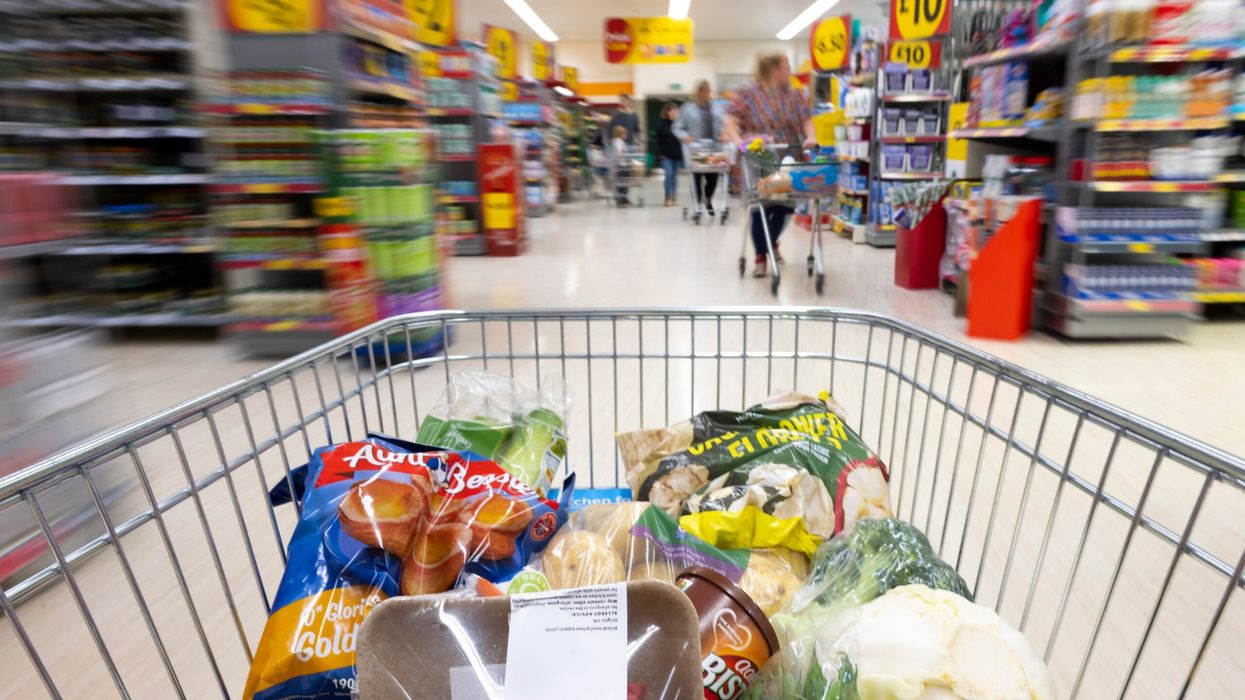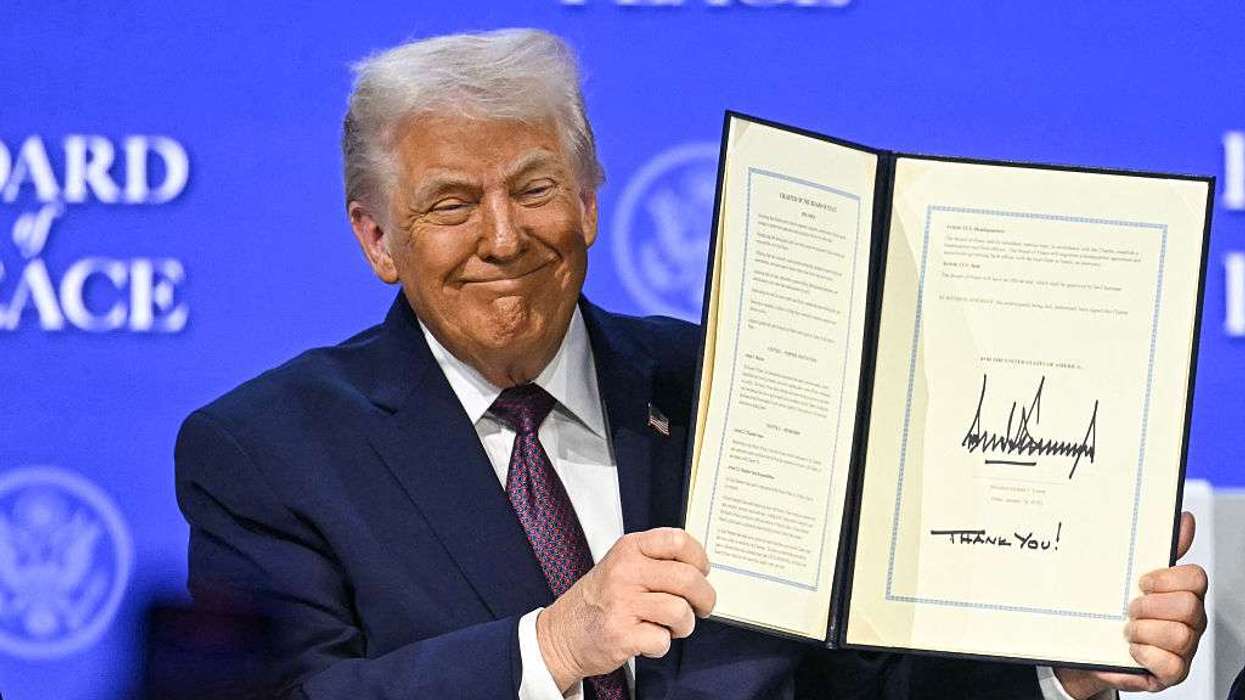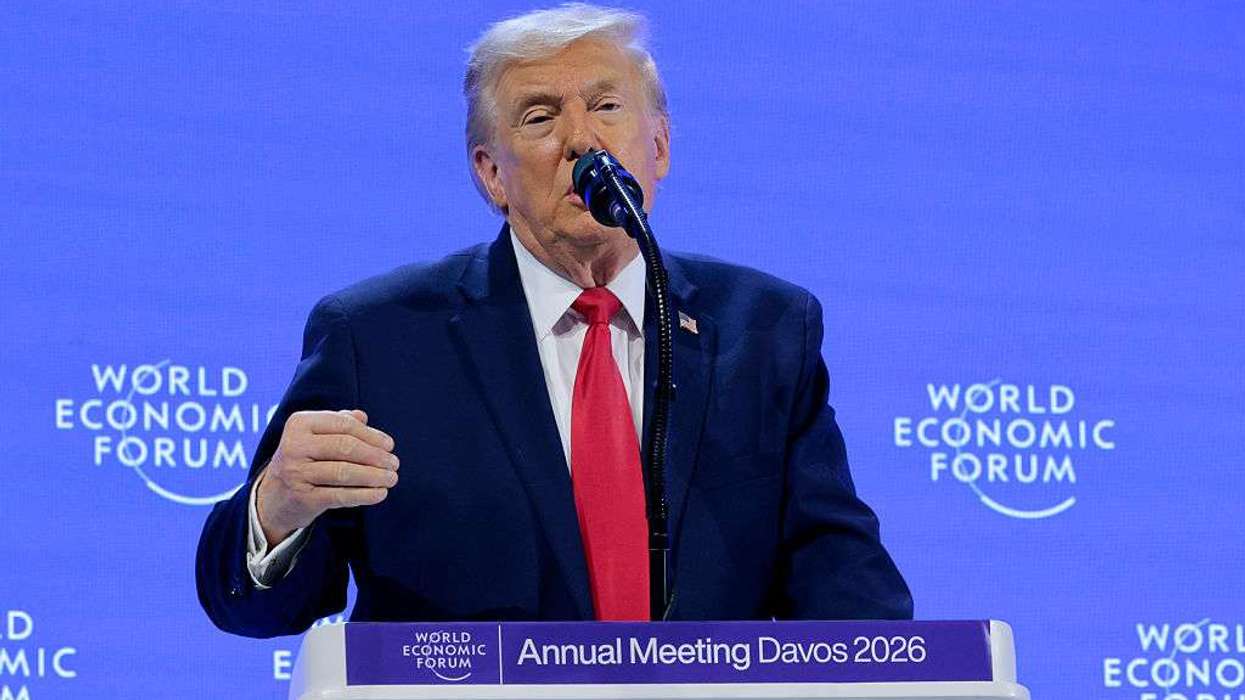UK INFLATION eased slightly in May but remained above expectations, according to official figures released on Wednesday, adding to speculation that the Bank of England will keep interest rates unchanged this week.
The Consumer Prices Index fell to 3.4 per cent in May from 3.5 per cent in April, which had marked a 15-month high, the Office for National Statistics (ONS) said.
Analysts had expected a bigger drop to 3.3 per cent.
The release came after separate data last week showed that the UK economy contracted more than expected in April.
Gross domestic product fell by 0.3 per cent, driven by a tax increase on UK businesses and a sharp decline in exports to the United States linked to president Donald Trump's tariffs.
Political responses
Chancellor Rachel Reeves said, "Our number one mission is to put more money in the pockets of working people."
Mel Stride, the finance spokesperson for the opposition Conservatives, said inflation staying "well above" the Bank of England's 2 per cent target "is deeply worrying for families".
The Bank of England is expected to leave its key interest rate unchanged at 4.25 per cent when it announces its decision on Thursday.
Mixed price movements
"A variety of counteracting price movements meant inflation was little changed in May," said Richard Heys, acting chief economist at the ONS.
"Air fares fell this month, compared with a large rise at the same time last year," he said. However, higher prices for chocolate and meat helped to offset the fall in motor fuel costs.
Danni Hewson, head of financial analysis at AJ Bell, said, "The escalating conflict between Israel and Iran has impacted the oil price in the past week, with UK motorists already bracing themselves for hikes and airfares also expected to soar."
Interest rate outlook
The Bank of England cut interest rates last month by a quarter point, its fourth reduction in nine months, as tariffs continued to weigh on economic growth.
Analysts expect the central bank to maintain that pace of easing until at least early next year.
Sarah Coles, head of personal finance at Hargreaves Lansdown, said, "The fact that inflation has fallen back slightly... should bring some comfort to the Bank of England as it considers the next move for interest rates."
"They were expecting inflation to remain well above target at this point in the year, so it won't necessarily spark a rethink on rates.
"Before the announcement, the markets were expecting two more cuts by the end of the year, and there's a reasonable chance this won't move significantly on the back of today's news," she added.
(With inputs from agencies)





